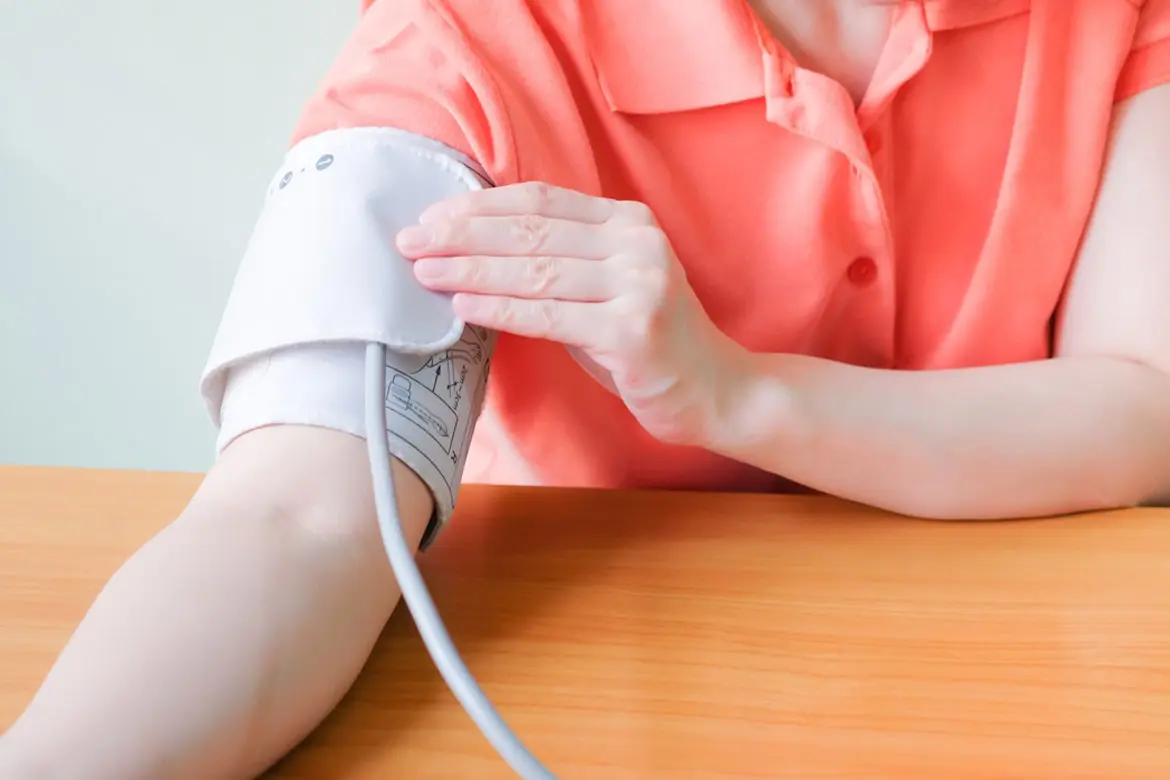Dr Chiam Toon Lim Paul
Cardiologist


Source: Shutterstock
Cardiologist
Dr Paul Chiam, cardiologist at Mount Elizabeth Novena Hospital, talks about the risks of high blood pressure and how to lower it.
The higher your blood pressure is in the long term, the higher your risk of having a stroke. This is the single most important reason why we need to control blood pressure.
For most patients who have high blood pressure, stroke prevention alone is a good reason to control blood pressure. A stroke may be one of the most devastating things that can happen to anybody.
Next to that, higher blood pressure also leads to what we call hypertensive heart disease. The dangers of hypertensive heart disease is an increased risk of heart attack and, in the long term, heart failure.
High blood pressure can also damage the cells of the inner lining of the arteries. This leads to further narrowing of the vessels in the heart and even arteries in the lower limbs, limiting blood flow throughout your body.
For patients who struggle to control their blood pressure, we often forget that it is not just a matter of taking medicine, but the entire lifestyle that we need to look at. One good way to control blood pressure is to lose weight, and that can be done through diet and exercise.
What has also been shown to help control blood pressure levels is having a low salt diet. This means that you should limit salty foods and not add more salt to the food you eat. That alone can reduce blood pressure, according to several population-based studies. Recent research also suggests that a diet low in refined sugar may help with blood pressure control.
For many patients, however, lifestyle changes are not enough and we have to use medication. We have 4 first line drugs used to treat blood pressure, and most patients will need 2 of them. Some patients will need all 4 classes of drugs and even more.
In recent years, a therapy called renal denervation (where we insert a special catheter into the arteries in the kidney to burn off some of the nerves in the kidney) has been shown to reduce blood pressure.
This therapy may be used for a select group of patients whose blood pressure cannot be controlled with medication and who have no other options. For most patients, blood pressure can be controlled with a combination of drug therapy and lifestyle change.